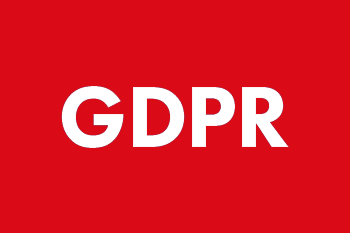Most of us, whether in journalism or marketing, probably have the same reaction to that question – No.
Perhaps that’s because we don’t expect the areas where content is growing most strongly – in content marketing, driven by brands – to be associated with breaking news. Or maybe it is simply not to be trusted, because it comes from companies rather than the Fourth Estate.
In an advisory at the end of last month from Google’s Richard Gingras the thinking was clear – site owners should separate traditional news from “affiliate, promotional, advertorial or marketing materials”.

He noted that “credibility and trust are longstanding journalistic values”.
We get what he means. It is particularly relevant for major media sites such as Forbes, Business Insider and the Huffington Post. They are pursuing native advertising, a type of content marketing, meaning the use of the main content river to place pieces penned by paying clients who are trying an alternative to ad units and – just as importantly – where those ad units would traditionally be placed.
But what about the near-cliché that one day a Pulitzer will go to a brand journalist? That’s what former FT writer Tom Foremski said a few months back (“I think corporate media could win a Pulitzer prize if done right. And I believe it will happen – I’d like to help make that happen.”) Is it inconceivable that a major brand publication couldn’t be the best, even if just for a given article or period?
And we could keep on asking the questions…
- Even though investment in content marketing is on a tear, will it stall if something as powerful as Google hamstrings its effectiveness?
- Is it for Google – or users – to judge whether content is valuable or not? (Those more in the business of social media, with all due respect to Google+, would give a different answer.)
- Are traditional church-and-state media companies even bias-free at all? After all, the vast majority aren’t ad-free bodies. The likes of the BBC, NPR, Which? or Consumer Reports are the exceptions, not the rule.
We live in an era when one third of the 100 most-read UK magazines are from brands. What if they weren’t available on supermarket shelves and checkouts?
We’ve asked lots of questions here and provided few answers. The one thing we’ll say is that regardless of whether including brand content is right or wrong, it might become hard for Google to keep out.
The alternative doesn’t bear thinking about for the biggest brands and media owners.
*photo credit: renaissancechambara via photopin cc
–
Follow us on Twitter – @ColContent
Need a corporate blog but don’t have the time or editorial expertise? Try Speech-to-blog, a new corporate blogging service from Collective Content.








